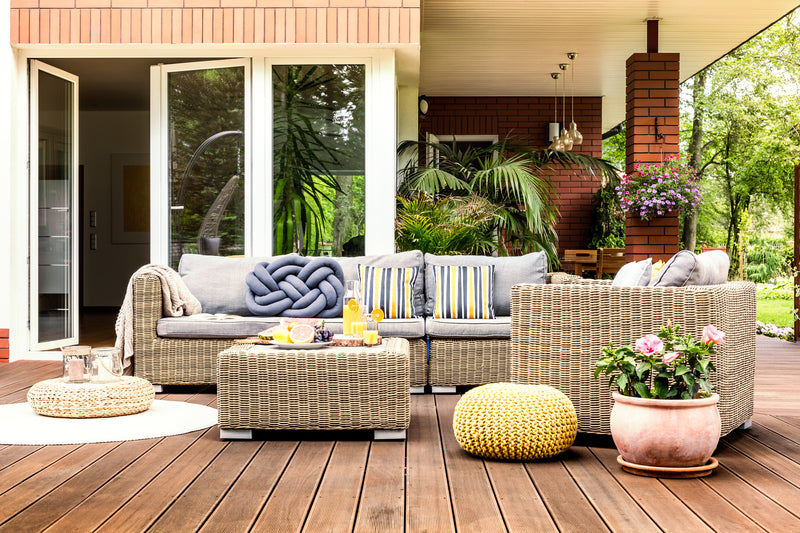Top 4 Acne Treatment Options In 2024
Acne is a common skin condition that affects millions of people worldwide, causing distress and affecting self-esteem. Fortunately, advancements in dermatology and skincare have led to a variety of effective acne treatment options.
Related Topics (Sponsored Ads):
In this comprehensive guide, we'll delve into the top four acne treatment options available in 2024, exploring their mechanisms, benefits, and considerations to help you achieve clearer, healthier skin.
1. Topical Treatments:
Overview: Topical treatments are applied directly to the skin and are a common first-line therapy for mild to moderate acne. They work by targeting acne-causing bacteria, reducing inflammation, and unclogging pores.

Types of Topical Treatments:
- Benzoyl Peroxide: Kills acne-causing bacteria and helps to unclog pores.
- Retinoids: Derived from vitamin A, retinoids help to regulate skin cell turnover and prevent clogged pores.
- Salicylic Acid: Helps to unclog pores and reduce inflammation.
- Azelaic Acid: Works to kill bacteria, reduce inflammation, and normalize skin cell turnover.
Benefits:
- Effective for treating mild to moderate acne.
- Can be used as part of a daily skincare routine.
- Available over-the-counter or by prescription.
- May have fewer side effects compared to oral medications.
Considerations:
- May cause skin dryness, irritation, or peeling.
- Results may take several weeks to become noticeable.
- Some formulations may increase sun sensitivity, requiring sunscreen use.
- Not suitable for severe or cystic acne.
2. Oral Medications:
Overview: Oral medications are prescribed by a dermatologist for moderate to severe acne or acne that hasn't responded well to topical treatments. They work internally to target acne-causing factors such as inflammation, hormonal imbalances, or excessive oil production.
Types of Oral Medications:
- Antibiotics: Help to reduce acne-causing bacteria and inflammation.
- Hormonal Therapies: Regulate hormone levels to reduce oil production and prevent breakouts.
- Isotretinoin (Accutane): A powerful medication derived from vitamin A that treats severe acne by reducing oil production, shrinking oil glands, and preventing clogged pores.
Benefits:
- Effective for treating moderate to severe acne.
- Targets acne-causing factors internally.
- May provide long-lasting results.
- Isotretinoin can lead to permanent acne clearance in many cases.
Considerations:
- Requires a prescription and close monitoring by a healthcare provider.
- May cause side effects such as gastrointestinal upset, photosensitivity, or hormonal changes.
- Isotretinoin carries a risk of serious side effects and requires careful monitoring for potential complications.
- Not suitable for pregnant women or those planning to become pregnant due to the risk of birth defects.
3. Laser and Light Therapies:
Overview: Laser and light therapies are non-invasive procedures that target acne-causing bacteria, reduce inflammation, and promote healing. They are often used in combination with other acne treatments for enhanced efficacy.
Types of Laser and Light Therapies:
- Blue Light Therapy: Targets acne-causing bacteria and reduces inflammation.
- Pulsed Light and Heat Energy (LHE) Therapy: Destroys acne-causing bacteria and shrinks oil glands.
- Photodynamic Therapy (PDT): Combines light therapy with a photosensitizing agent to target acne-causing bacteria and reduce oil production.
Benefits:
- Non-invasive and relatively painless.
- Minimal downtime or recovery period.
- Can be used in combination with other acne treatments for enhanced results.
- May provide long-term improvement in acne symptoms.
Considerations:
- Requires multiple treatment sessions for optimal results.
- May cause temporary redness, swelling, or discomfort.
- Results may vary depending on individual skin type and acne severity.
- Not suitable for everyone, and potential risks should be discussed with a dermatologist.
4. Chemical Peels:
Overview: Chemical peels are cosmetic procedures that use exfoliating agents to remove dead skin cells, unclog pores, and promote skin renewal. They can be beneficial for treating acne, reducing the appearance of acne scars, and improving overall skin texture and tone.
Types of Chemical Peels:
- Glycolic Acid Peel: Penetrates the skin to unclog pores and promote collagen production.
- Salicylic Acid Peel: Helps to exfoliate dead skin cells, reduce inflammation, and unclog pores.
- Trichloroacetic Acid (TCA) Peel: Targets deeper layers of the skin to promote cell turnover and improve skin texture.
Benefits:
- Improves acne symptoms and reduces the frequency of breakouts.
- Helps to fade acne scars and hyperpigmentation.
- Stimulates collagen production for firmer, more youthful-looking skin.
- Can be customized to suit individual skin types and concerns.
Considerations:
- Requires multiple treatment sessions for optimal results.
- May cause temporary redness, peeling, or sensitivity.
- Sun protection is essential post-treatment to prevent sun damage and hyperpigmentation.
- Results may vary depending on the type and severity of acne, as well as individual skin response.
Conclusion
Achieving clearer, healthier skin is possible with the wide range of acne treatment options available in 2024. Whether you're dealing with mild breakouts or severe acne, there are effective solutions to suit your needs and preferences. By understanding the mechanisms, benefits, and considerations of the top four acne treatment options – including topical treatments, oral medications, laser and light therapies, and chemical peels – you can make informed decisions and work with a dermatologist to develop a personalized treatment plan tailored to your skin type and concerns. With the right approach and professional guidance, you can unlock the path to clearer skin and regain confidence in your appearance.




